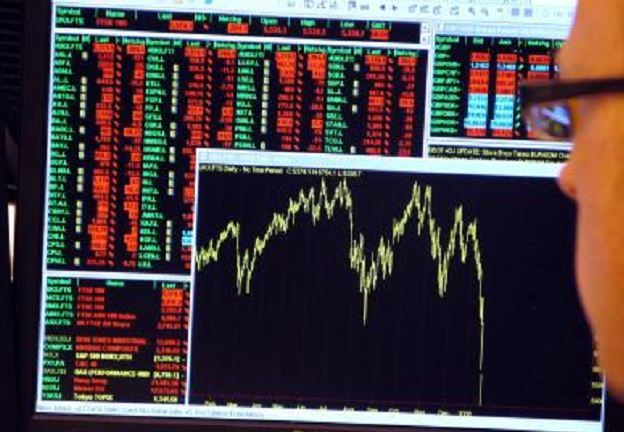
Oil prices fell more than 2% today after Goldman Sachs cut its crude forecasts, citing global oversupply and concerns over the Chinese economy, and after Saudi Arabia dismissed the idea of an oil producer summit.
Joining a list of banks cutting their price forecasts, Goldman reduced its 2015 US crude oil estimate to $48.10 a barrel, down from $52. The bank also lowered its 2016
forecast for US crude to $45, from $57.
Goldman cut its 2015 Brent price forecast to $53.70 a barrel, from $58.20, and said it saw 2016 Brent prices at $49.50, down from its earlier $62 forecast.
Commerzbank lowered its Brent forecast by $10, saying the international benchmark was likely to rise to $65 by the end of 2016. It similarly lowered its US crude forecast to $52 a barrel by the end of 2015, and to $62 by the end of 2016.
The German bank said crude oversupply was falling only slightly and was likely to depress prices far into next year.
Brent for October is down by $1.05 at $47.84 a barrel today, while US crude – also known as West Texas Intermediate, or WTI – is down by $1.05 at $44.87.
Investors have largely ignored a relatively bullish report from the International Energy Agency (IEA), which said a move by the world’s big oil exporters in
Opec – led by Saudi Arabia – to defend their market share by not reducing production appeared to be working.
“Oil’s price collapse is closing down high-cost production from Eagle Ford in Texas to Russia and the North Sea,” IEA said in its latest monthly report.
IEA, which advises the world’s biggest economies on energy policy, said some reductions in non-Opec oil production “may result in the loss next year of half a million barrels a day – the biggest decline in 24 years”.
Harry Tchilinguirian, global head of commodity strategy at BNP Paribas, said: “The oil market is looking for something a little more concrete than the forecasts.”
Core members of Opec – the Organisation of the Petroleum Exporting Countries – see no reason to cut production.
Saudi Arabia thinks a summit of oil-producing countries would fail to produce concrete action toward defending prices, sources said.
The comments followed a meeting of Gulf Arab oil ministers in Doha, at which a Venezuelan proposal for an Opec and non-Opec summit was discussed.
Recommended for you
